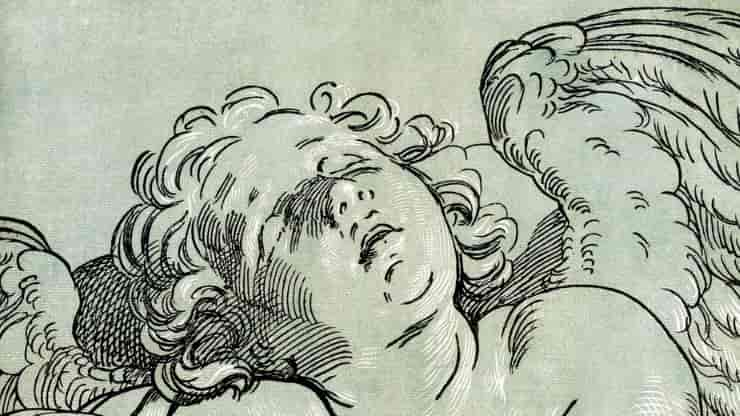Have you ever gotten sick of playing the same computer game, eating pepperoni pizza, or had a silly song stuck in your head for so long you never wanted to hear it again? If you have, you may suffer from variety amnesia. And it just so happens, that in new research, Joseph Redden, professor of…
Category: Psychology
Schizophrenia and Diabetes Linked
A Medical College of Georgia study has shown that individuals with schizophrenia are at high risk for type 2 diabetes. In the study, 50 people newly-diagnosed with schizophrenia or related psychotic disorders with no other known risk factors were looked at. 16 percent either had diabetes or an abnormal rate of glucose metabolism, says Dr.…
Phobias and Stress
A phobia is an anxiety disorder characterized by a recurring, excessive fear of a thing or circumstance. Typically, phobias cause a sudden onset of fear and last for longer than six months. Phobias often start in childhood. A phobia could be anything you were frightened of when you were little, whether it was a real…
Psychological Models of Stress
There are various models of stress that are continually studied by psychologists around the world. The two most common models are the psychosomatic stress model and the diathesis stress model. Psychosomatic Psychosomatic stress is the type of stress where the connection between mind and body is strengthened. Specifically speaking, you either develop a disease or…
Borderline Personality Disorder Patients Show Weakened Emotion-Regulating Circuits
Differences in the working tissue of the brain, called grey matter, have been linked to impaired functioning of an emotion-regulating circuit in patients with borderline personality disorder. People with borderline personality disorder (BPD) had excess grey matter in a fear hub deep in the brain, which over-activated when they viewed scary faces. In contrast, the…
Sensory Deprivation Methods
Short periods of sensory deprivation can be relaxing. Sensory deprivation can be achieved by using such simple devises such as blindfolds and earmuffs. Devices that are more complex can cut the sense of smell, touch taste, sense of heat or cold and gravity. Sensory deprivation methods have been used in psychology experiments and for torture.…
Apathy in Aspergers Syndrome
Did you know that apathy was a symptom of Aspergers Syndrome? It is not always seen or even connected, but there is a very real link between an individual with Aspergers Syndrome experiencing stress, and there suddenly being a response of severe apathy. Some have likened it to feeling stuck in a vat of sinking…
Are Anxiety Disorders Genetic?
Research published in the August 2008 issue of Behavioral Neuroscience suggests that they may well be. The study shows evidence that links genes to anxious behavior. People who carry a common variation of a gene that regulates dopamine were found to have an exaggerated startle reflex when viewing unpleasant pictures. Researchers at the University of…
Deep Brain Stimulation Treatment for Depression
A new study from Emory University researchers is showing hopeful results when using Deep Brain Stimulation for Treatment-Resistant Depression. Could this be the beginning of the end for SSRI’s? The study, published in the online issue of Biological Psychiatry, reports that the technique is “generally safe” and gives meaningful improvements in patients as early as…

